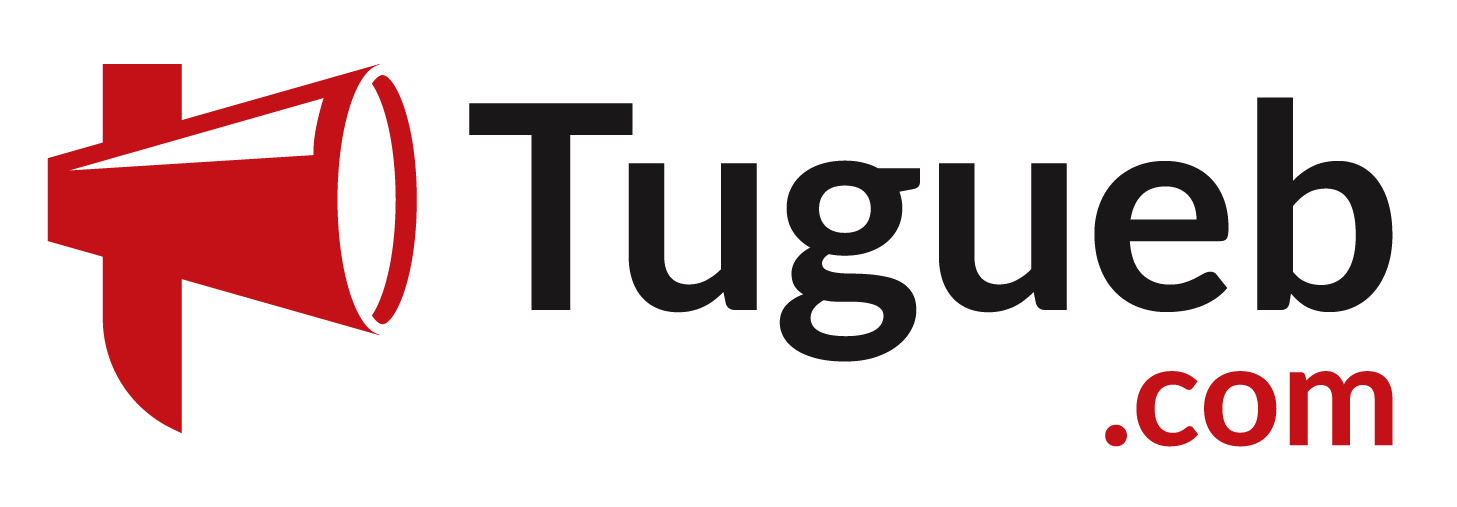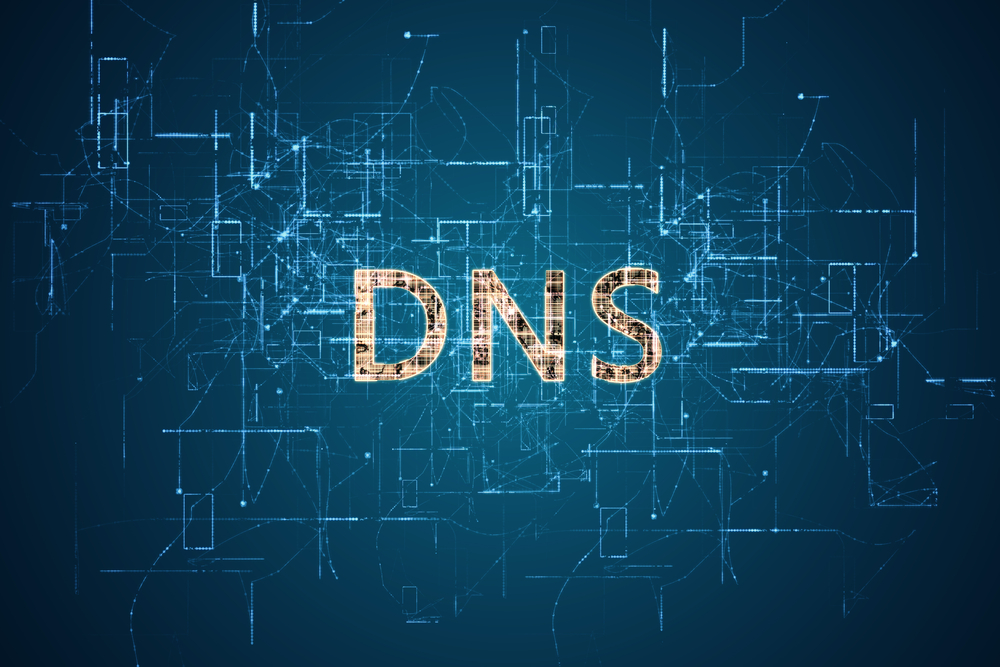Most, if not all, businesses have websites. In fact, it is almost an automatic requirement if you are an entrepreneur who wants their business to get a much needed traction even if you are new to the game. Website is important because it houses product or service descriptions, company history, and contact details. If a customer wants to make an inquiry or needs to verify something, your website is where they go to.
However, setting up a website is more than just creating a unique design and making sure content is 100% optimised and relevant. There are a lot of backend details that you need to make sure are aligned. For instance, have you purchased an SSL certificate to make sure your website is secure? How about tools for SEO plugins to help you gauge whether your content is search engine friendly? And most of all, do you know how DNS works? It is more than just buying DNS hosting, you have to understand how important it is for business.
To help you understand what DNS is and how it can affect you, here are important points you should know.
What is DNS and how does it work?
DNS stands for domain name system. Basically, it is a protocol that converts human-readable domain names into machine-comprehensible names. These machine names are also called IP addresses, and this is responsible for connecting the user to your web server and obtain what they need from your website. IP stands for Internet protocol and it works like a label that is assigned to different kinds of electronic device like your mobile phone, a laptop, or a PC. And this label is what connects each device to the Internet.
To illustrate, let us take Google as an example: google.com is a human-readable domain name. Their IP address is 173.194.39.78, that is their machine-comprehensible name. So when enter it in the search box, that is exactly the same as google.com. If a DNS fails, you can always connect to your intended destination through the IP address.
This is important to DNS because when you type a website on the browser, your Internet connected device will contact the DNS server to find the IP address associated with the URL you just typed in.
Problems that you can possibly encounter
There is such a thing as DNS poisoning, and what this basically means is when a lookup or a search has been accidentally or intentionally tampered with to fill in the wrong information. An accidental poisoning will only make your website unreachable. An intentional poisoning will redirect users to a fake site where their personal information can possibly be in danger of being stolen by phishers.
There is also a danger of DDoS or Distributed Denial of Service attacks. These are usually coordinated, meaning hacker groups usually plan DDoS attacks. These are done either to blackmail a person/company or as an act of protest against them. Hackers use a technique called a “syn flood” where they get to control hundreds or thousands of PC’s to ping at them – connecting to their target’s website. When that happens, it becomes difficult for your website to manage actual requests from users.
Attacks like these need to be taken seriously, especially if it can compromise confidential information. So when you are setting up your website, make sure to review this article and check out sites like Crazy Domains AU to know about DNS hosting and what else are needed to keep your website secure.
























